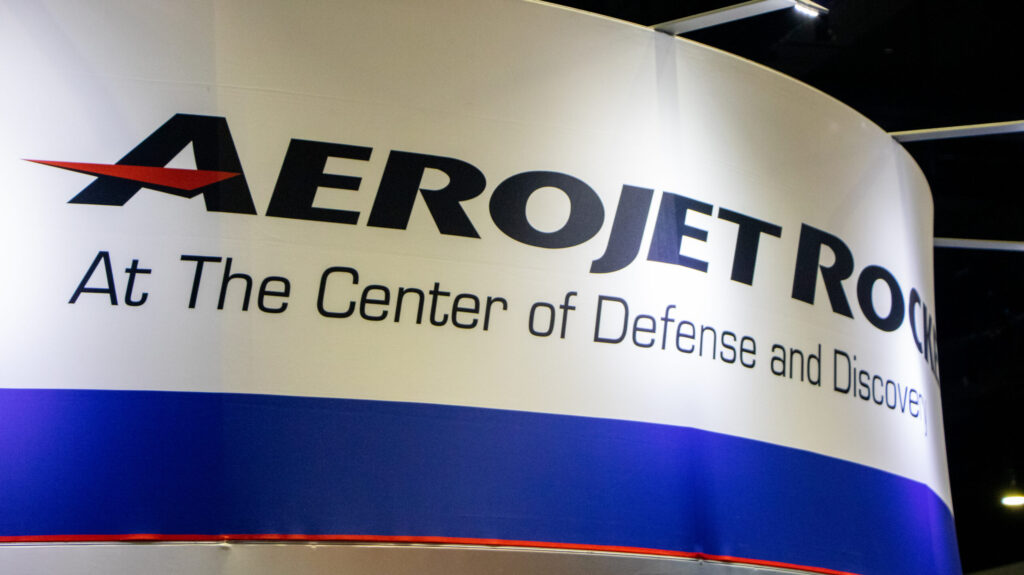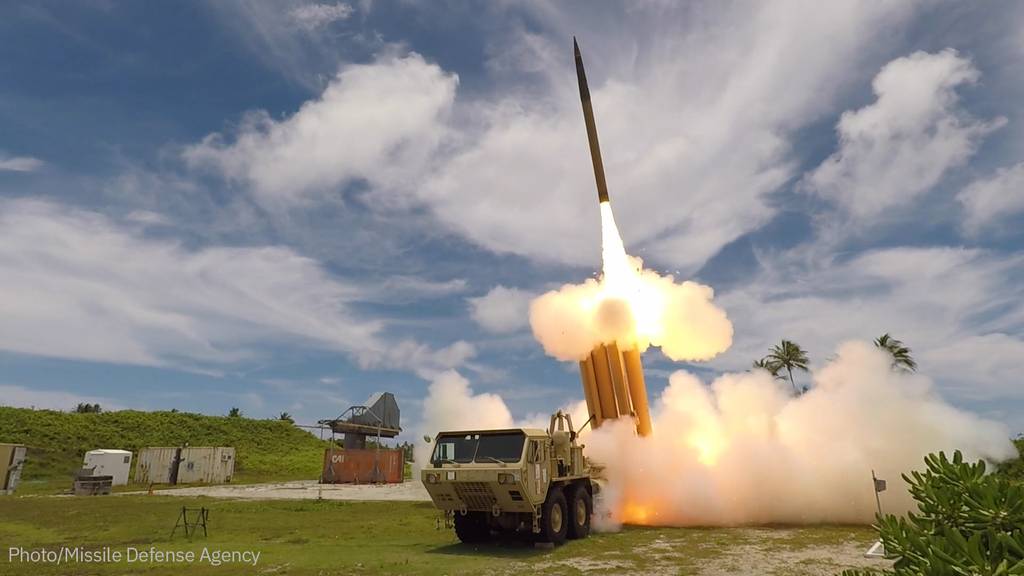- Joined
- 3 June 2011
- Messages
- 18,344
- Reaction score
- 12,259
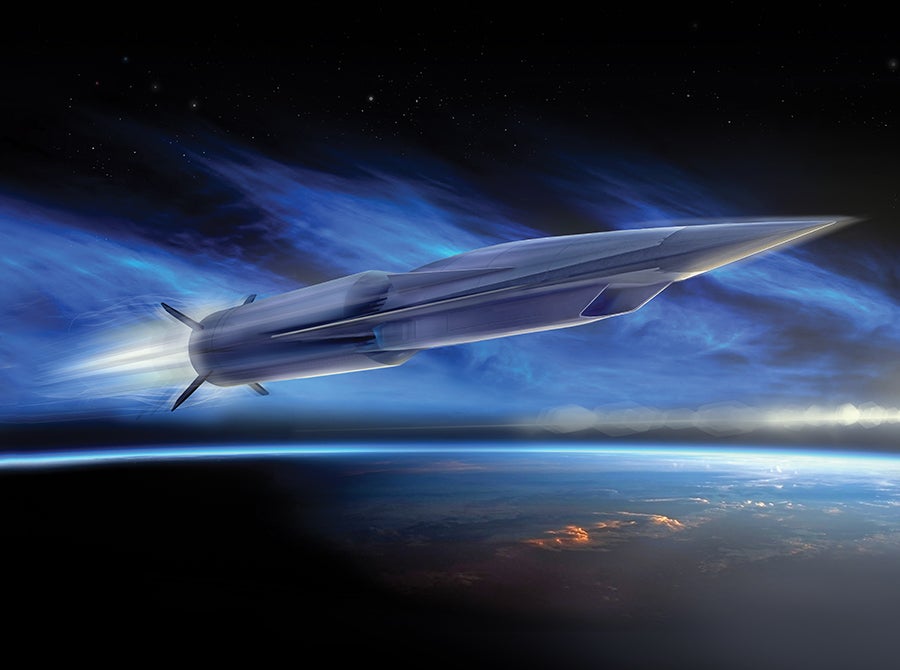

It should, LM's size is problematic even before this.Lockheed used to be in the propulsion business e.g. SRAM.
Absorbing essential propulsion stack vendors into individual primes still makes me queasy.
In my view, that's much less of an issue than the loss of an innovative, independent propulsion focused company.It should, LM's size is problematic even before this.Lockheed used to be in the propulsion business e.g. SRAM.
Absorbing essential propulsion stack vendors into individual primes still makes me queasy.
Lockheed used to be in the propulsion business e.g. SRAM.
Absorbing essential propulsion stack vendors into individual primes still makes me queasy.
Their claimed reason. I suspect it really had more to do with the way Boeing bid on the competitions that NG did *not* bid on.Boeing's reason for no-bidding GBSD

During the height of the Cold War upwards of 10% of GDP was allocated to defense spending that would equate to ~$2.2 Trillion today. You could support a lot more contractors at that level of spending.So space is becoming more like flying, considering how many aircraft manufacturers were there during the cold war.



Where is defense M&A policy headed? Here’s some advice for the new administration.
Depending on who is doing the talking, the ongoing review of Lockheed Martin’s proposed purchase of Aerojet Rocketdyne is either critical for strengthening or catastrophic to the health of the defense-industrial base.www.defensenews.com
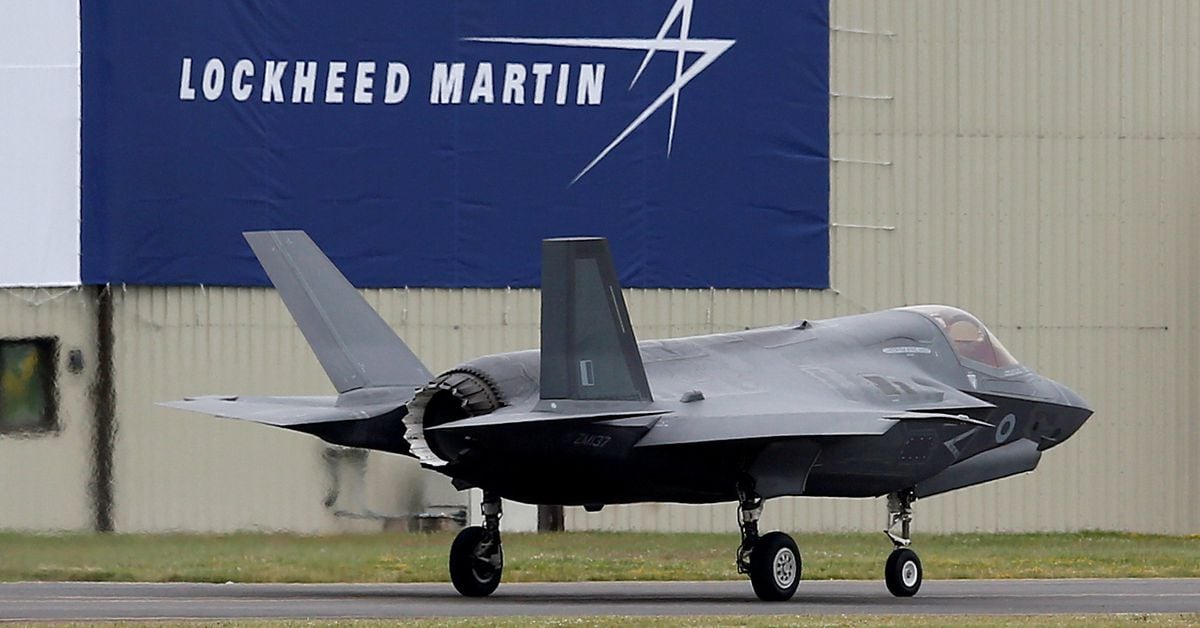

Lockheed Martin’s proposed $4.4 billion acquisition of rocket engine manufacturer Aerojet Rocketdyne has been blocked by the Federal Trade Commission, the agency announced Jan. 25.
Lockheed Martin in December 2020 announced its intent to acquire Aerojet Rocketdyne, the last independent U.S. supplier of missile propulsion systems. The FTC said it will sue to block the deal, arguing that if the acquisition is allowed to proceed, “Lockheed will use its control of Aerojet to harm rival defense contractors and further consolidate multiple markets critical to national security and defense.”
Aerojet supplies power, propulsion and armament systems used in missiles made by Lockheed and other defense prime contractors.
The future of Aerojet Rocketdyne appears on shaky ground, with its $4.4 billion merger with Lockheed Martin seemingly dead in the water and a public war brewing among the company’s leadership.
On Tuesday evening, Aerojet announced it had begun an internal investigation into Warren Lichtenstein, who has been the company’s executive chairman since 2016. Earlier that day, SPH Group Holdings LLC — an affiliate of Lichtenstein’s Steel Partners Holdings L.P. — filed documentation to replace four of Aerojet’s existing board members, including CEO and President Eileen Drake.
In a statement, Aerojet called Lichtenstein’s machinations a “disruptive proxy contest” driven by “personal concerns and [a] desire to secure his board position and gain leverage” as the company’s internal probe continues. Lichtenstein’s Steel Partners has rebutted those claims, saying that the new slate of directors would better position a standalone Aerojet, should the Lockheed acquisition fall though.
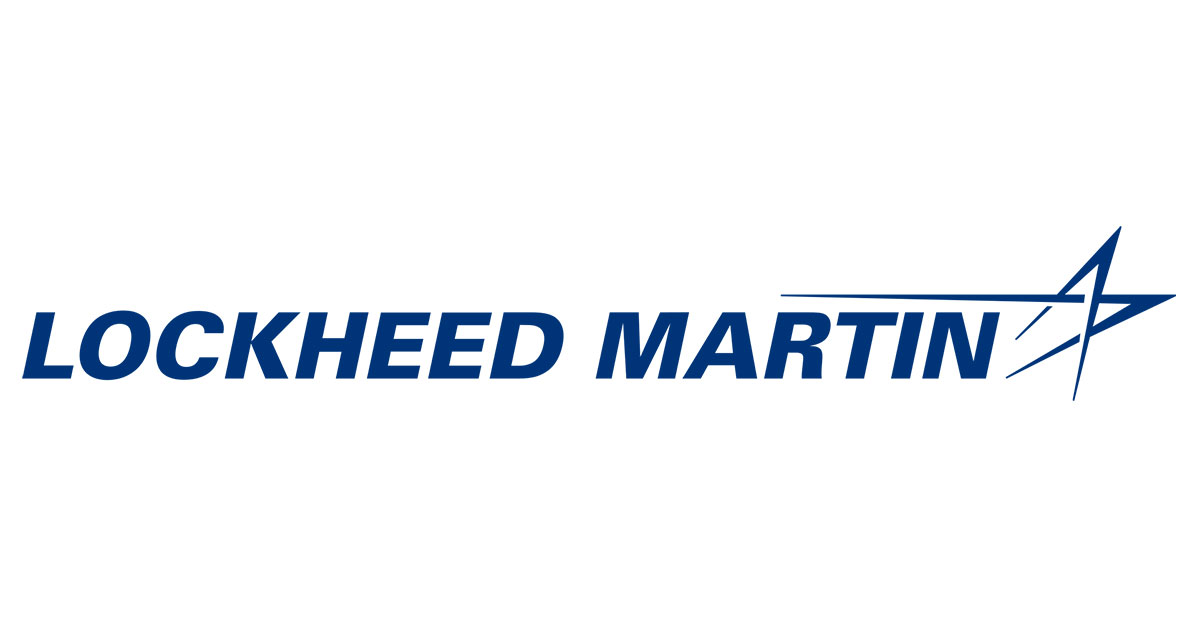
BETHESDA, Md., Feb. 13, 2022 /PRNewswire/ -- Lockheed Martin Corporation (NYSE: LMT) today announced it has terminated its agreement to acquire Aerojet Rocketdyne Holdings, Inc. (NYSE: AJRD). The decision to terminate the agreement follows the U.S. Federal Trade Commission's (FTC) lawsuit filed late last month seeking a preliminary injunction to block the acquisition.
Our planned acquisition of Aerojet Rocketdyne would have benefitted the entire industry through greater efficiency, speed, and significant cost reductions for the U.S. government," said Lockheed Martin Chairman, President and CEO James Taiclet. "However, we determined that in light of the FTC's actions, terminating the transaction is in the best interest of our stakeholders. We stand by our long heritage as a merchant supplier and trusted partner and will continue to support Aerojet Rocketdyne and other essential suppliers in the Defense Industrial Base still overcoming the challenges of the pandemic.
Moving forward, we will maintain our focus on the most effective use of capital with the highest return on investment, including our ongoing commitment to return value to shareholders. We remain confident in our company's strong foundation and growth potential as several exciting projects enter production.
Finally, I'm proud of the 114,000 patriotic men and women of Lockheed Martin. They have a principled commitment to deliver the highest quality and most effective solutions to our customers. We will continue to support the United States and its allies through our industry leadership and developing the technologies to ensure effective threat deterrence for decades to come.
Yeah seems a bit hypocritical to allow one and not the other.So when NG acquired Orbital ATK it was fine, and not this one?
I'd suggest Leidos or General Dynamics.There's also the case that when the NG-OATK deal happened they still had another independent rocket motor supplier there. With this deal, a missile OEM would have absorbed the last remaining independent SRM shop. Lockheed also has a much larger (relative to Northrop Grumman) missile portfolio and competes with Raytheon across a broader range of applications. Also a different leadership at FTC and you kind of learn from past actions.
Wonder what happens to Aerojet now.
Blue Origin?I'd suggest Leidos or General Dynamics.There's also the case that when the NG-OATK deal happened they still had another independent rocket motor supplier there. With this deal, a missile OEM would have absorbed the last remaining independent SRM shop. Lockheed also has a much larger (relative to Northrop Grumman) missile portfolio and competes with Raytheon across a broader range of applications. Also a different leadership at FTC and you kind of learn from past actions.
Wonder what happens to Aerojet now.

